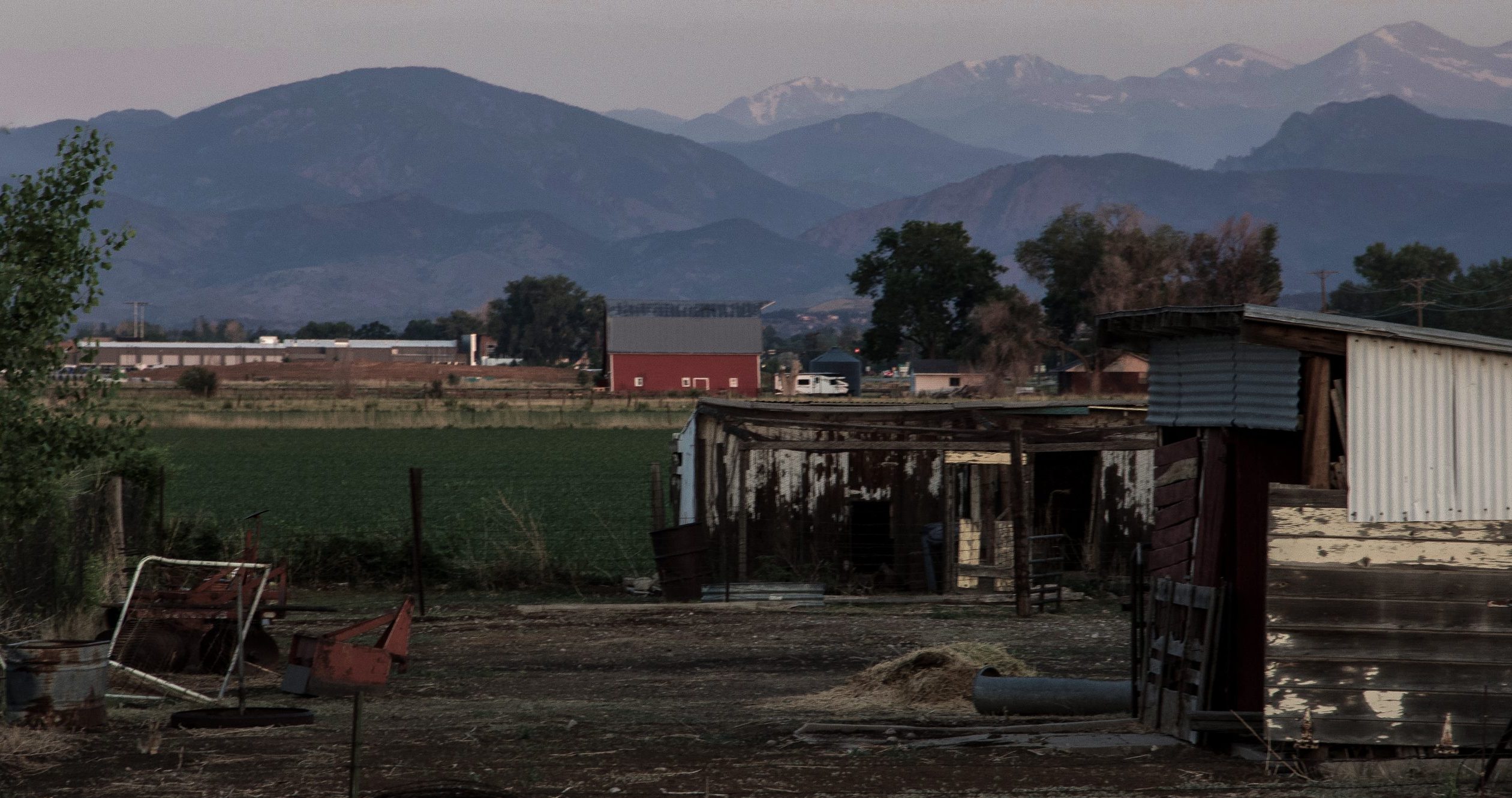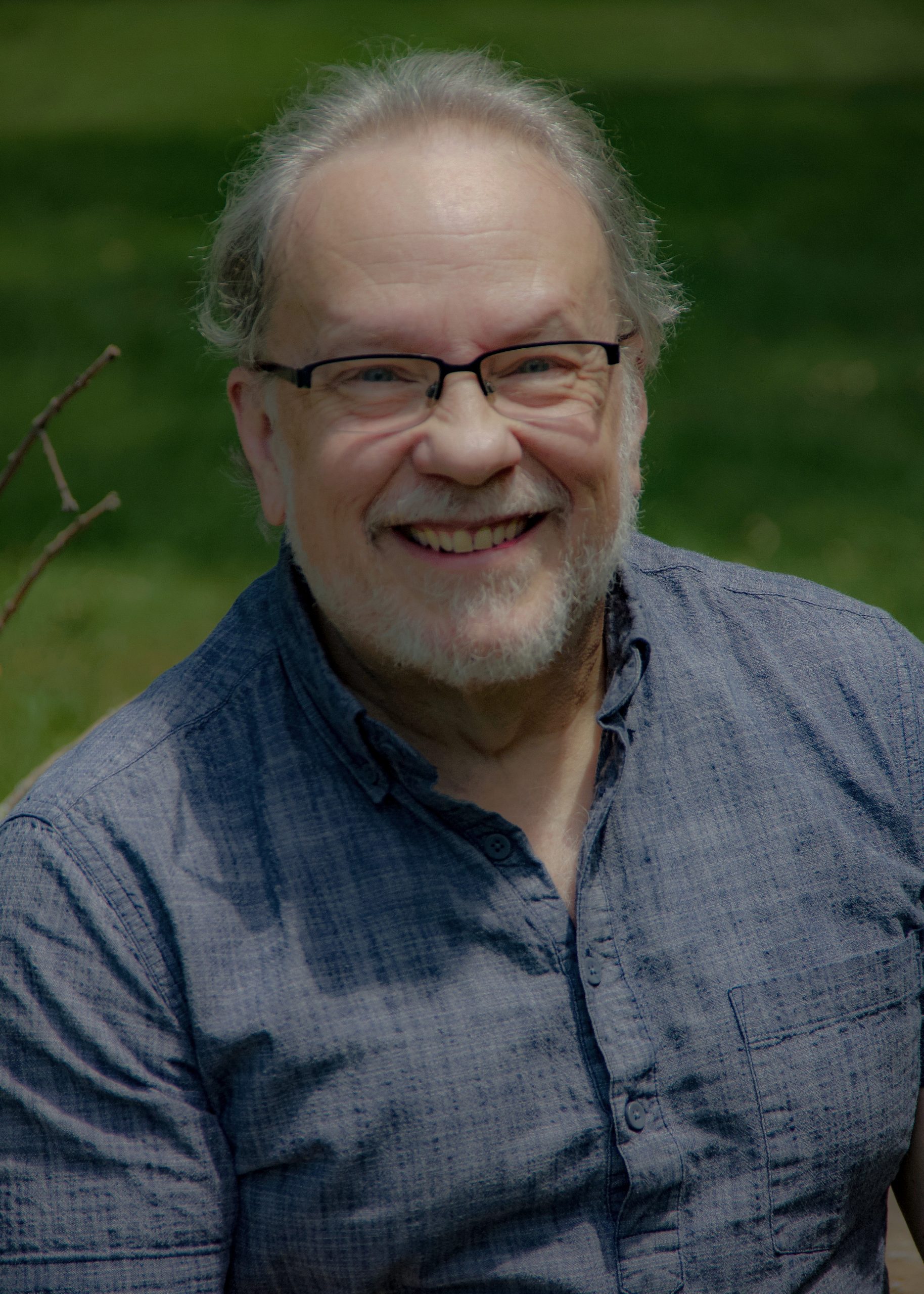Like any job, sometimes you have to go into work whether you want to or not. It feels strange, though, because writing is something you do voluntarily. If you wake up one morning feeling antipathetic toward it, you really can’t blame the boss or the commute or the time it consumes when you could be doing something you give a damn about. It’s perverse in that you can’t find the joy sometimes and you end up resenting…something.

A variety of syndromes attach to this problem, one of the most pernicious being something called Impostor Syndrome. This is not relegated only to writing, a lot of people in many different fields suffer this, the feeling that you aren’t really what you’re trying to be. That you maybe got lucky a few times and people think you’re really what you appear, but inside you can’t help but feeling like a fraud. You didn’t do this. You pulled a stunt, worked a trick, you’re one of the monkeys that typed out Hamlet. It’s partly to do with intentionality, sure, but it’s often connected to this periodic sense of inadequacy in the face of a given task. You have a story to write and you got nothin’. Words lie there on the page (the screen, whatever) and taunt you by their insipid mediocrity. Last month you barreled through a story and finished it up and sat back with a feeling of accomplishment, but now you know that was a fluke.
Then, too, there’s the money. As in, not much. The public perception of A Writer is completely at odds with the reality, but you can’t help but compare yourself to those Other Authors who do seem to conform to that perception, and you wonder why you can’t manage that. The low pay, the rate of rejections, the overwhelming lack of impact your work creates, all conspires to undermine your confidence, and even though you do not believe in fate or destiny or any of that kind of superstitious nonsense, the feeling that the universe is trying to tell you something creeps in, gets past your rationality, infects you with a kind of malaise that feeds on the opinion that you just don’t have what it takes.
Well, in that sense, no one does. It’s damn hard work, no doubt. And it is the work that creates the effects, not any cosmic scale or judgment or notion of fairness. The work.Â
And work is tiring. A lot of it is boring. Your contentedness depends on averages, good days versus bad days. If you have enough good days, you can ignore the bad ones, but you will have bad days.
But once in a while, all the enthusiasm in the world is insufficient to keep the self-doubt and boredom and weariness at bay and you will succumb to feeling like it all has no point.Â
The first several years I worked at being a writer, I lost count of how many times I quit. Nothing but rejections, angry, frustrated periods of depression, just what do these people want? One day I remember receiving four rejections at once. That was a dark night. “I quit! I don’t need this! Fuck ’em!” Like they were waiting for me to produce what they wanted, me, Mark Tiedemann, and my quitting would somehow make them feel bad.
My first short story sale paid $15.00, but I felt like it was hundreds of dollars. I floated on that high for months. The next sale got me $19.00, the third $30.00. Hey, the pay was going up.Â
Then I sold a story for $525.00.
And then the magazine was killed before my story appeared and I felt it all crash down around me, as if the gods were up there laughing at me. I had put a lot on that story—a professional sale for a magazine with a large distribution, I’ll get noticed! Well, no, just kidding, no one will see that story, ha ha.
The emotional reactions to the business end of writing seldom sync proportionally to reality. This is one of the things we have to learn and hang onto. It’s not you. That doesn’t necessarily make it feel better, but it get you through to the next one.
My response to this one was to apply to Clarion, the workshop. And I declared that if they rejected me, I would quit. Because if they thought I could not even be educated, then maybe I was chasing my tail to no purpose.
They didn’t reject me.
Here’s the thing. I was working a full-time job while trying to do this. Writing got maybe two hours a day. Besides the job, there was Life to tend to. Clarion was the first opportunity I had to do nothing but work on fiction all day for several weeks. I learned then that it is the work, working at the work, that matters.Â
Things improved after Clarion. To date, I’ve sold 70 short stories and a number of novels.
The money is still not commensurate with the hours.
But 70 stories and a dozen books is a career.Â
And I still have these times when I feel like a fraud. Maybe it’s linked to serotonin or something. But it is aggravating to be continually reminded how little actual control I have over all this, even my own emotions. Sure, it’s partly a disconnect between expectations and experience, but you would think I’d know that, in my bones, by now.Â
This is life. Eventually, I’ll go from one room to another and the feeling will change and I’ll be back at the work. Engaged. Maybe I should learn to pace myself, but there’s too little time for that, though even that idea is nonsense.Â
For you who share these feelings—and I suspect it’s most if not all of us—I wish you to take a smidgin of hope from this. Be cool. We all go through it. It will pass, especially if we keep in mind that the important thing is…the work.
Even if you feel you are not a writer, that what you do is a fluke, the work needs doing. Pretend to do it. Imitate what you feel you are not. Be a mimic, if necessary. It may not be impostor syndrome so much as a mild case of Bad Mimic Blues. But write. Eventually, the work becomes the main thing again and the rest just fades.
Hope this helps.

